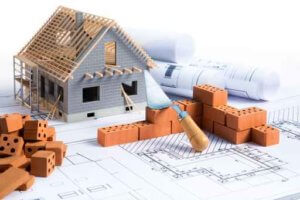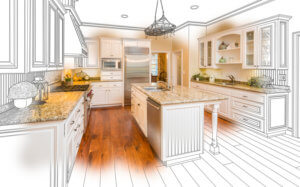We all know that construction costs are sky high with no relief in sight. This is creating issues for sellers, builders and buyers alike. This article is geared towards buyers purchasing existing spec homes, usually from a broker representing a builder. These contracts will usually include the building site, the construction and usually the landscaping. Obviously, working with a general contractor with a parcel that you own (custom build) is a separate topic, with different financing requirements.
Types Of Contracts
Historically, we have seen regular purchase and sale agreements that give the buyer an opportunity to review the finishes and quality of construction upon completion. That method has been almost entirely replaced with a non-refundable deposit up front with a provision for the contract to be canceled only if the completion is not done by a certain date. This leaves the door open for quality control issues and very little room for changes along the way. In addition, we are starting to see contracts with built-in price escalations based on material costs. This usually gives the buyer an opportunity to withdraw from the transaction in the event that the costs increase beyond the buyer’s budget, but I wouldn’t be surprised if there were agreements that locked the buyer into these potential price increases as well.
What’s Included?
In some cases builders working with brokers will use a traditional State purchase and sale agreement with an addendum or exhibit outlining items that are included in the sale along with the finish schedule, but sometimes they have builder contracts which can be daunting to review and understand. Regardless, it is important to understand what is included in the purchase price. A clear understanding of appliances, landscaping or partial landscaping, window coverings and other items in addition to the home and building site are important aspects.
Change Orders
It has become increasingly common for a builder to simply provide a finish schedule of materials used. Builders are also building in language for potential changes based on availability of materials in the event something needs to be substituted. The issue is that many materials are ordered far in advance and therefore cannot be changed. General contractors would historically hold meetings for finishes along the way, but with the lack of available materials, builders are finding themselves ordering appliances, tile and flooring, doors, windows and trim even before concrete is poured. In many events, this is limiting buyers to very basic modifications such as paint colors.
Financing
Unlike those working with a general contractor to build a home as opposed to buying a spec home directly from a broker or builder, conventional loans are typical. This simply provides that the buyer completes the appraisal and underwriting loan process after the certificate of occupancy is issued. This obviously opens the door to issues with interest rates. Buyers will want to be forward thinking and conservative based on their budget or debt ratios to ensure they can still qualify for the home they have contracted, particularly if they have a contract with a deposit that is not refundable. For those working with the general contractor directly, “one time close” loans can provide some reassurance and create a safety net, but these types of loans are not as common unless building a custom home.
Preparing For Closing
Another risk factor and major consideration are things that may or may not be included, and how to acquire those items within a reasonable time frame as you approach closing. Just like building materials, many items such as furnishings, window coverings, appliances that may not be included in the sale can be hard to find and/or have incredible lead times. Buyers have to weigh not only the risk of purchasing something for home that they don’t yet own, but also need to be careful about making large purchases on credit that may impact their debt ratio in order to qualify for their loan as they approach closing.
Brokers
As a final note, many of these spec home builders are working with the broker to take the direct communication element out of the equation so that they can focus on what they do best. Use your real estate agent’s knowledge to your advantage to help you understand all of the points above, and to create a homogeneous working environment with your lender to ensure a process that is as painless as possible. It is also very important to work with your broker to understand expectations and to be prepared for delays and changes along the way.
 A couple of years ago I did an article about building costs in Teton Valley. At the time, it seemed like building costs exceeded what the average home sale price was at the time. Well, it seems like we are at that point once again, only building costs are even higher.
A couple of years ago I did an article about building costs in Teton Valley. At the time, it seemed like building costs exceeded what the average home sale price was at the time. Well, it seems like we are at that point once again, only building costs are even higher. In anticipation of new construction in the coming year, I thought I would run through a couple of frequently asked questions and provide a bit of advice for new home shoppers.
In anticipation of new construction in the coming year, I thought I would run through a couple of frequently asked questions and provide a bit of advice for new home shoppers.